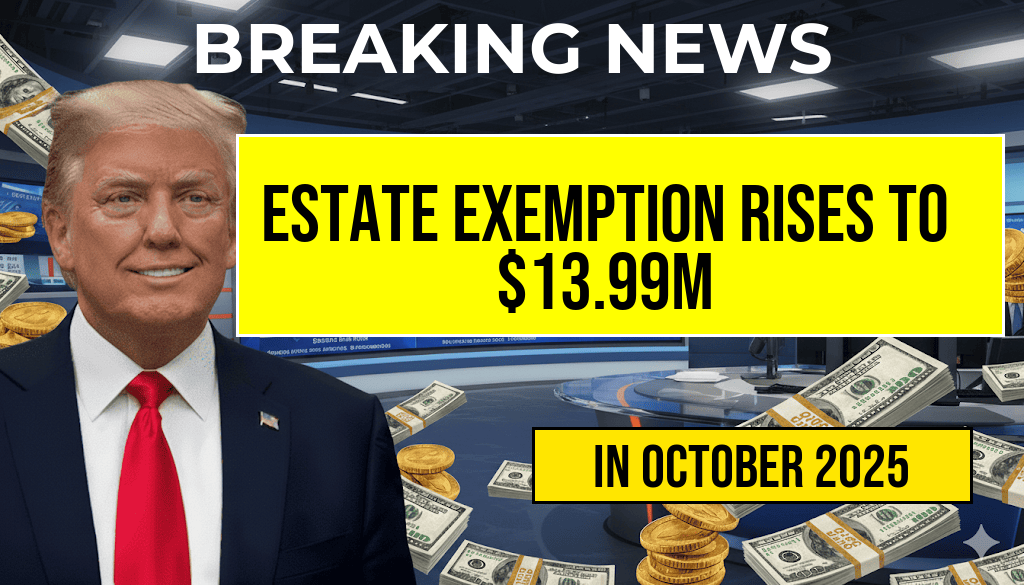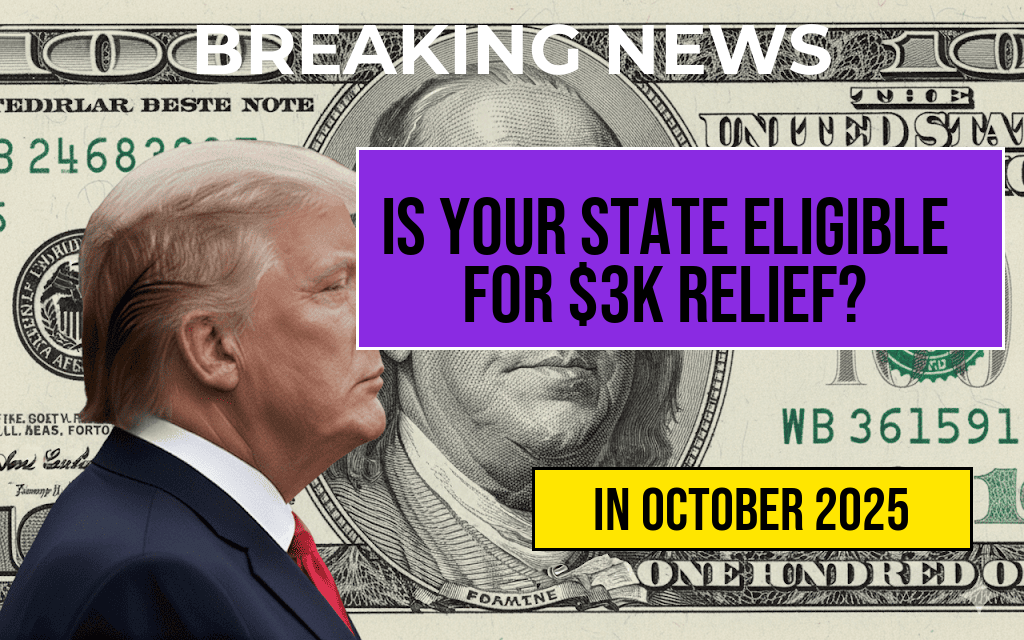The federal estate tax exemption has experienced a substantial increase, rising from $135,000 to an unprecedented $13,990,000 for the year 2023. This dramatic adjustment, driven by inflation adjustments and legislative changes, significantly reduces the number of estates subject to federal taxation, providing substantial relief to high-net-worth individuals and their heirs. For many Americans, this means that estates valued under the new exemption threshold can now pass to beneficiaries free of federal estate taxes. This shift is expected to reshape estate planning strategies nationwide, with more families potentially avoiding complex tax complications and associated costs. As the estate tax exemption continues to evolve, understanding its implications becomes essential for individuals planning their estates, financial advisors, and legal professionals alike.
Understanding the Estate Tax Exemption Increase
What is the estate tax exemption?
The estate tax exemption, also known as the lifetime exemption amount, is the maximum value an estate can have before it becomes subject to federal estate taxes. Estates valued below this threshold are typically exempt from federal taxation, allowing assets to pass to heirs without incurring federal estate tax liabilities.
Historical context and recent changes
| Year | Exemption Amount |
|---|---|
| 2022 | $12,060,000 |
| 2023 | $13,990,000 |
| 2024 (projected) | Adjusts for inflation, expected to increase further |
The exemption amount has seen steady growth over the past decade, but the jump from roughly $12 million to nearly $14 million in 2023 surpasses historical inflation-driven increases. This change was enacted through the American Families Plan and subsequent inflation adjustments, making estate planning more favorable for high-net-worth families.
Legislative background and future outlook
The increase aligns with inflation adjustments mandated by the Internal Revenue Service (IRS) and recent legislative efforts to simplify estate planning. Experts forecast that unless new legislation alters the landscape, the exemption will continue to rise with inflation, potentially reaching over $15 million in the coming years. For more details on current estate tax laws, the IRS provides comprehensive information at IRS estate tax guidelines.
Impacts on estate planning and heirs
Reduced estate tax liability for high-net-worth families
The elevated exemption significantly diminishes the likelihood that a typical estate will face federal estate taxes. This shift allows families to pass a larger portion of their wealth directly to heirs without worrying about federal tax implications. As a result, estate planners are adjusting strategies to focus more on wealth preservation and less on tax mitigation.
Changes in estate planning strategies
- Increased use of trusts: Families are more frequently establishing irrevocable trusts to manage estate distribution efficiently.
- Gifting strategies: The higher exemption encourages more lifetime gifting, reducing taxable estate values further.
- Focus on non-tax considerations: Estate plans may prioritize family legacy, liquidity needs, and asset protection over tax minimization.
Potential implications for heirs
Heirs stand to benefit from simplified estate transfer processes and fewer legal complications. Additionally, the reduction in estate taxes means that more family wealth remains intact, potentially enabling heirs to receive larger inheritances. For those with estates approaching the new exemption level, careful planning remains crucial to maximize benefits and ensure compliance.
Broader economic and policy considerations
Debates surrounding estate tax policies
While the exemption increase offers relief to many, debates about the fairness and economic impact of estate taxes continue. Critics argue that high exemption thresholds favor the wealthy and can contribute to wealth concentration, whereas proponents contend that estate taxes support economic equality and fund public services.
International perspectives and comparisons
Compared to other developed nations, the U.S. maintains relatively high exemption limits, which reflect a broader policy debate about wealth redistribution. Countries like France and Germany have lower estate tax exemptions but implement different tax structures to address wealth transfer concerns. For more insights, see Wikipedia’s overview of estate taxes.
Expert opinions and future considerations
Financial and estate planning professionals emphasize the importance of reviewing estate plans regularly, especially as exemption limits fluctuate. With inflation-based increases projected to continue, individuals are encouraged to consult with legal and tax advisors to adapt strategies accordingly. Staying informed about legislative developments remains essential, as potential reforms could alter estate tax landscapes in the future.
Frequently Asked Questions
What is the new estate exclusion amount?
The estate exclusion amount has increased from $135,000 to $13,990,000, allowing for a significantly higher threshold before estate taxes are applied.
How does the increase in estate exclusion benefit heirs?
The increased estate exclusion means that more estates can be transferred to heirs tax-free, reducing the potential estate tax liability and maximizing the inheritance passed on.
When did the estate exclusion amount change?
The estate exclusion amount was officially increased as part of recent tax law updates, effective starting in 2023.
Does this change affect all estates equally?
No, the benefits primarily apply to estates valued below the new exclusion limit. Estates exceeding $13,990,000 may still be subject to estate taxes.
Are there planning strategies to maximize benefits from this increase?
Yes, estate planning strategies such as gifting, trusts, and other methods can help maximize the advantages of the increased exclusion amount and minimize potential tax liabilities.








